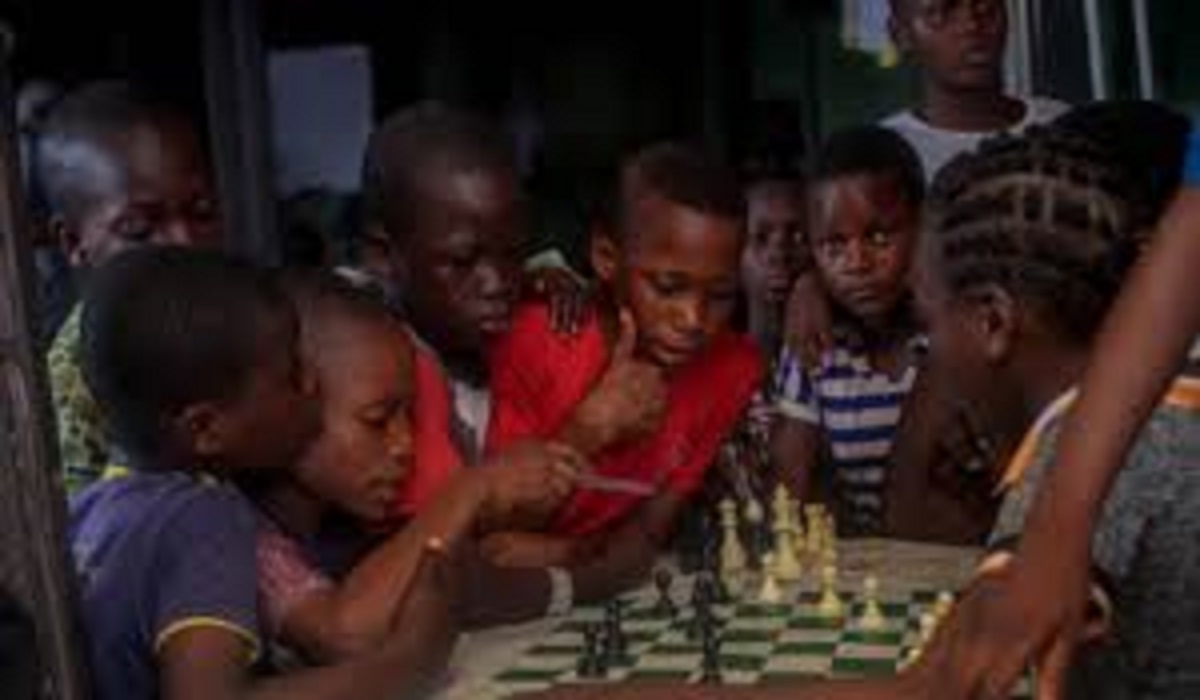Chess in Slums Africa Boosts Foundational Learning with BorntoLearn
Chess in Slums Africa Boosts Foundational Learning with BorntoLearn: Chess in Slums Africa (CISA) is transforming education in underserved communities by integrating chess into foundational learning programs. Partnering with BorntoLearn, an innovative educational initiative, CISA is fostering critical thinking, problem-solving, and cognitive development among children in marginalized areas. This groundbreaking approach is proving that chess is more than just a game—it’s a powerful educational tool that enhances learning outcomes.
In this in-depth article, we explore:
- The impact of Chess in Slums Africa on foundational learning
- How BorntoLearn complements CISA’s mission
- Success stories from beneficiaries
- The science behind chess and cognitive development
- Future prospects of chess-based education in Africa
The Role of Chess in Slums Africa (CISA) in Foundational Learning
1. Bridging the Educational Gap in Underserved Communities
Many children in African slums lack access to quality education. CISA addresses this by using chess as an engaging and effective learning tool. By teaching chess, the program enhances:
- Logical reasoning
- Mathematical skills
- Memory retention
- Strategic planning
2. How Chess Enhances Cognitive Development?
Research shows that chess improves:
- Problem-solving abilities
- Concentration and focus
- Emotional intelligence
- Academic performance in math and science
CISA’s approach aligns with global studies proving that chess can be a transformative educational strategy.
BorntoLearn: Empowering Foundational Education Through Chess
1. What is BorntoLearn?
BorntoLearn is an educational initiative that supports innovative learning methods for children in low-income communities. By collaborating with CISA, BorntoLearn helps:
- Train teachers in chess-based pedagogy
- Provide learning materials and chessboards
- Monitor student progress through structured assessments
2. Success Stories: Changing Lives One Move at a Time
Several children who participated in CISA and BorntoLearn programs have shown remarkable improvements:
- Increased school attendance
- Higher test scores in core subjects
- Improved confidence and social skills
One notable example is Tunde Onakoya, the founder of CISA, whose vision has inspired thousands of children to embrace chess as a pathway to education.
The Science Behind Chess and Learning
1. Chess and Brain Development
Studies from Harvard and MIT confirm that chess activates both hemispheres of the brain, enhancing:
- Critical thinking
- Pattern recognition
- Decision-making under pressure
2. Chess in Early Childhood Education
Introducing chess at a young age helps develop:
- Spatial awareness
- Patience and discipline
- Resilience and adaptability
Future of Chess-Based Learning in Africa
1. Expansion Plans
CISA and BorntoLearn aim to:
- Reach 1 million children by 2030
- Partner with governments to integrate chess into school curricula
- Develop digital chess learning platforms
2. How You Can Support the Movement
- Donate to CISA or BorntoLearn
- Volunteer as a chess instructor
- Advocate for chess in schools
FAQs About Chess in Slums Africa and BorntoLearn
1. How does chess improve academic performance?
Chess enhances logical reasoning, memory, and problem-solving skills, which translate to better performance in subjects like math and science.
2. Is chess only for gifted children?
No, chess is for everyone! CISA proves that children from all backgrounds can benefit from chess education.
3. How can schools incorporate chess into their curriculum?
Schools can start chess clubs, integrate chess into math lessons, or partner with organizations like CISA for training.
4. What age is best to start learning chess?
Children as young as 5 can begin learning chess, but it’s never too late to start.
5. How can I donate to Chess in Slums Africa?
Visit CISA’s official website or partner platforms like BorntoLearn to contribute.
Conclusion
Chess in Slums Africa, in partnership with BorntoLearn, is revolutionizing foundational learning in marginalized communities. By leveraging the cognitive benefits of chess, these initiatives are equipping children with skills that extend beyond the classroom.
